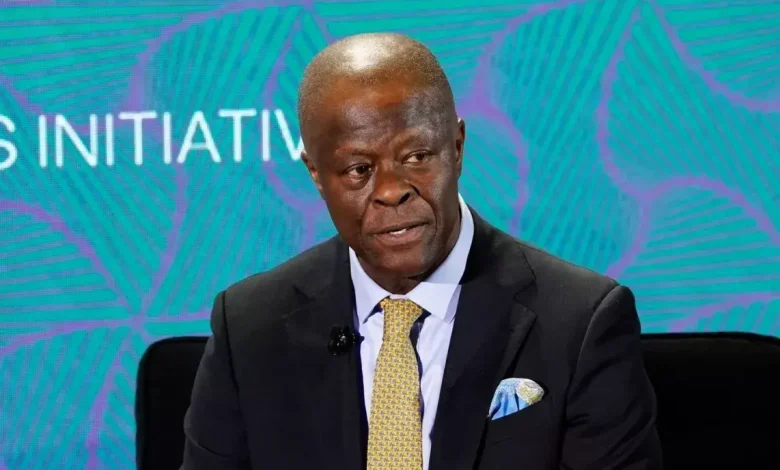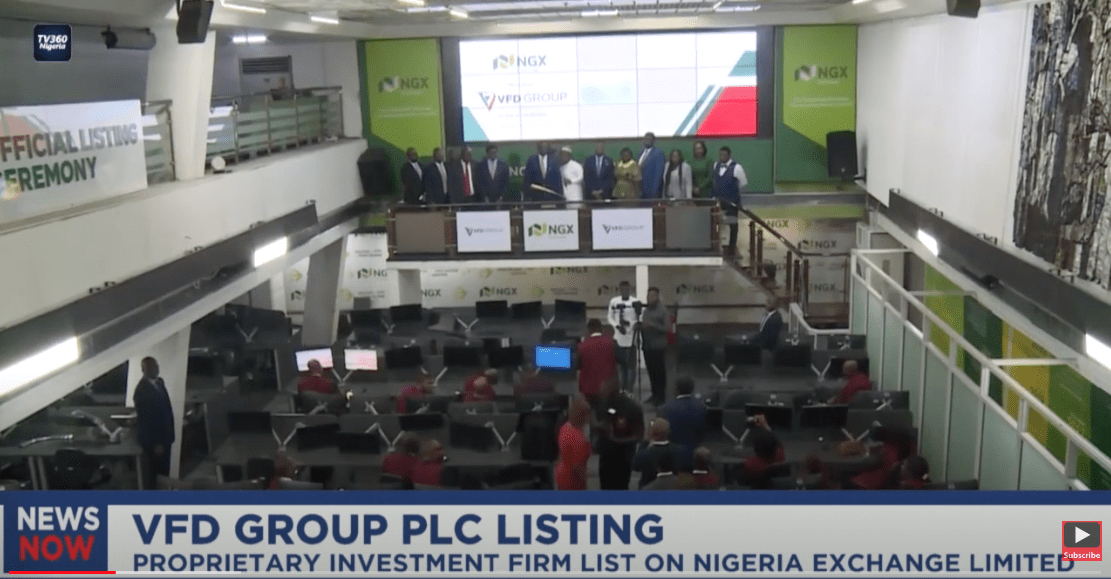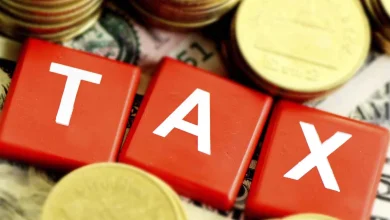
The Nigerian government has reiterated that its naira-for-crude initiative, designed to support local refining and reduce the country’s reliance on the US dollar for crude oil sales, is not a temporary measure. The initiative, which began as a key policy directive to strengthen local refining capacity, remains in effect, according to a recent statement from the Ministry of Finance.
The government’s reaffirmation came during a meeting between Finance Minister Wale Edun and representatives from Dangote Refinery. Edun emphasized that the initiative, which was introduced in July 2024 as part of efforts to stabilize petroleum product prices and alleviate pressure on foreign currency reserves, is still operational despite recent challenges.
In March 2025, the Nigerian National Petroleum Company Limited (NNPCL) had temporarily halted the sale of crude in naira to Dangote Refinery, citing mismatched obligations between sales proceeds and crude purchase commitments, which were denominated in US dollars. This pause led to a significant increase in fuel prices, with the pump price of petrol rising from approximately ₦860 to ₦1,000 per litre.
After the termination of the naira-for-crude arrangement, which had initially been structured for six months, the Federal Government moved swiftly to address the situation. President Bola Tinubu dismissed Mele Kyari and the entire NNPCL Board, appointing a new management team, including Bashir Ojulari as the Group CEO.
In a subsequent meeting of the Technical Sub-Committee on the Crude and Refined Product Sales in Naira initiative, stakeholders, including the Ministry of Finance, NNPCL, Dangote Refinery, and regulatory bodies, reaffirmed the government’s commitment to continuing the naira-for-crude policy. The committee acknowledged the challenges of implementing such a significant policy shift but reassured the public that the issues were being actively addressed.
Strategic Importance of the Naira-for-Crude Policy
The initiative’s primary goal is to reduce the country’s dependency on the US dollar in the petroleum sector, ultimately enhancing energy security and ensuring price stability for petroleum products. The move is expected to alleviate the financial burden on Nigerians, particularly in light of the recent surge in fuel prices.
According to the Ministry of Finance, the initiative is seen as a long-term solution that supports sustainable local refining, reduces foreign exchange dependence, and bolsters the national economy. The resumption of naira-denominated crude sales is expected to help stabilize fuel prices, which had spiked following the termination of the previous arrangement between the NNPCL and Dangote Refinery.
Impact on Fuel Prices and Local Refining
The resumption of the naira-for-crude initiative is expected to reduce the price of petrol, which had risen sharply following the brief halt in the policy. Experts suggest that this shift will also encourage local refineries to operate more efficiently, ultimately benefiting Nigerian consumers by curbing the costs associated with imported fuel.
The initiative aligns with the Federal Executive Council’s broader goals of reducing Nigeria’s reliance on imported fuel and enhancing domestic refining capacity. With the Dangote Refinery, one of the largest in the world, playing a key role in this transformation, the government hopes that local refining will eventually meet much of the country’s petroleum needs, reducing both costs and the pressure on foreign currency reserves.
Conclusion
The federal government’s commitment to the naira-for-crude initiative underscores its resolve to support local refineries, stabilize fuel prices, and reduce the pressure on the country’s foreign exchange reserves. With the full resumption of naira-denominated crude sales, Nigerians can expect some relief from the high fuel prices that have recently impacted the economy. The initiative represents a strategic effort to achieve long-term energy security and economic stability.





